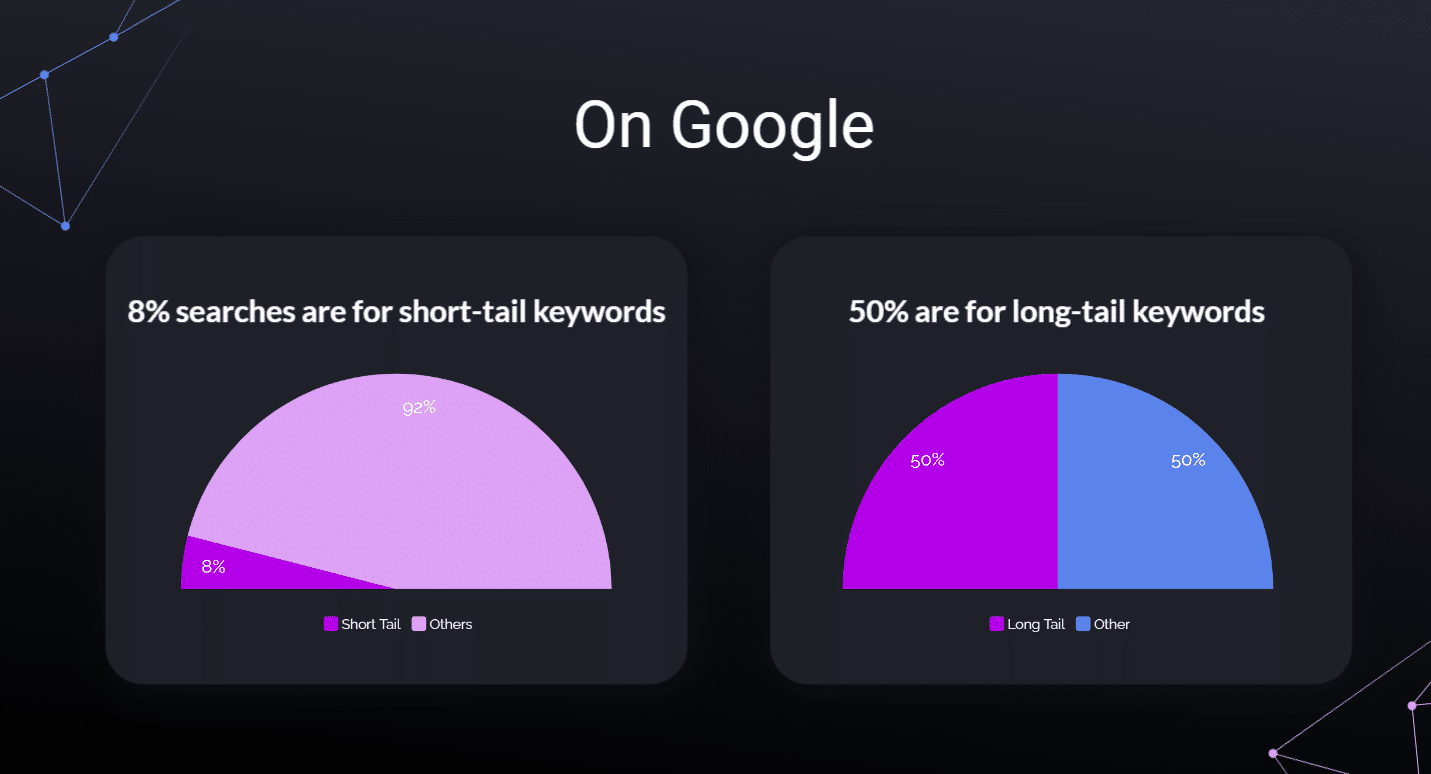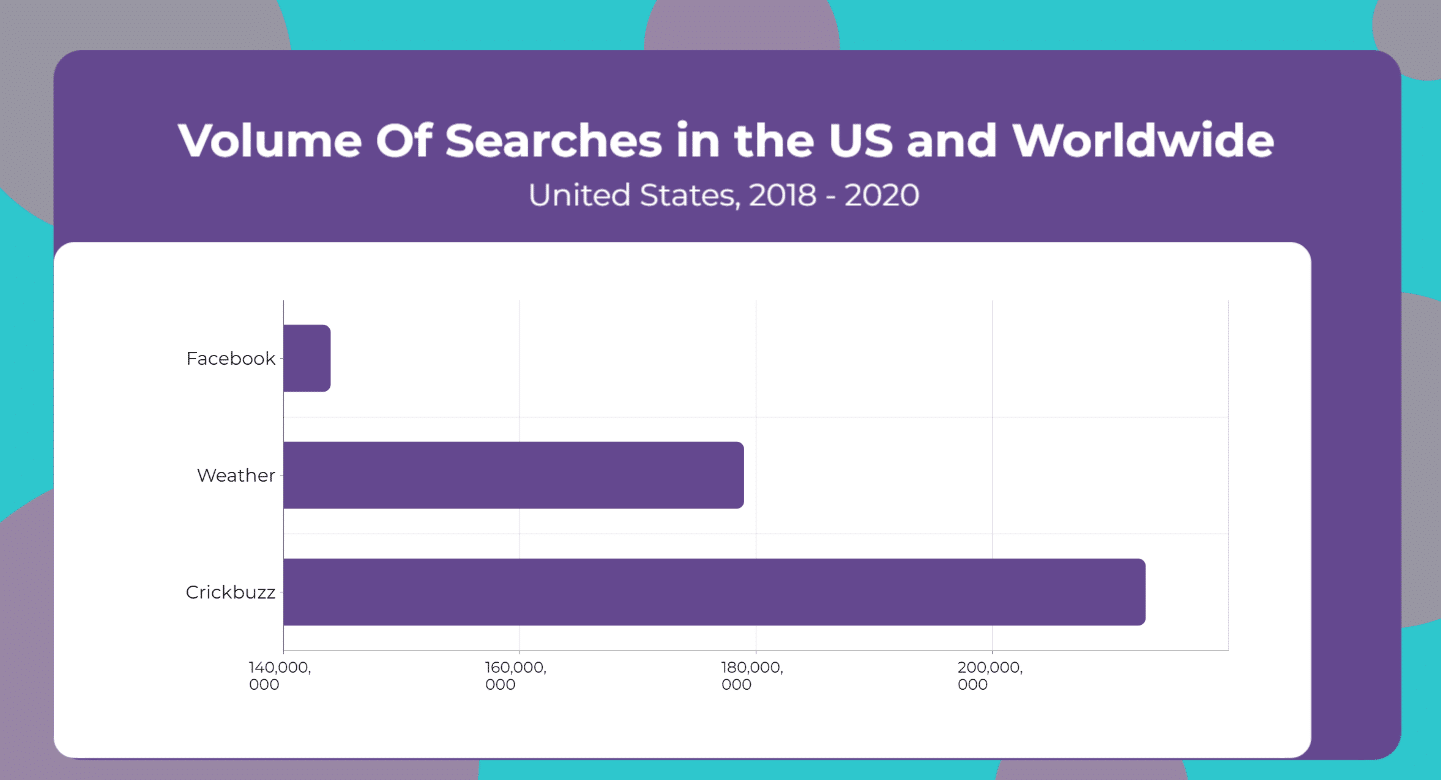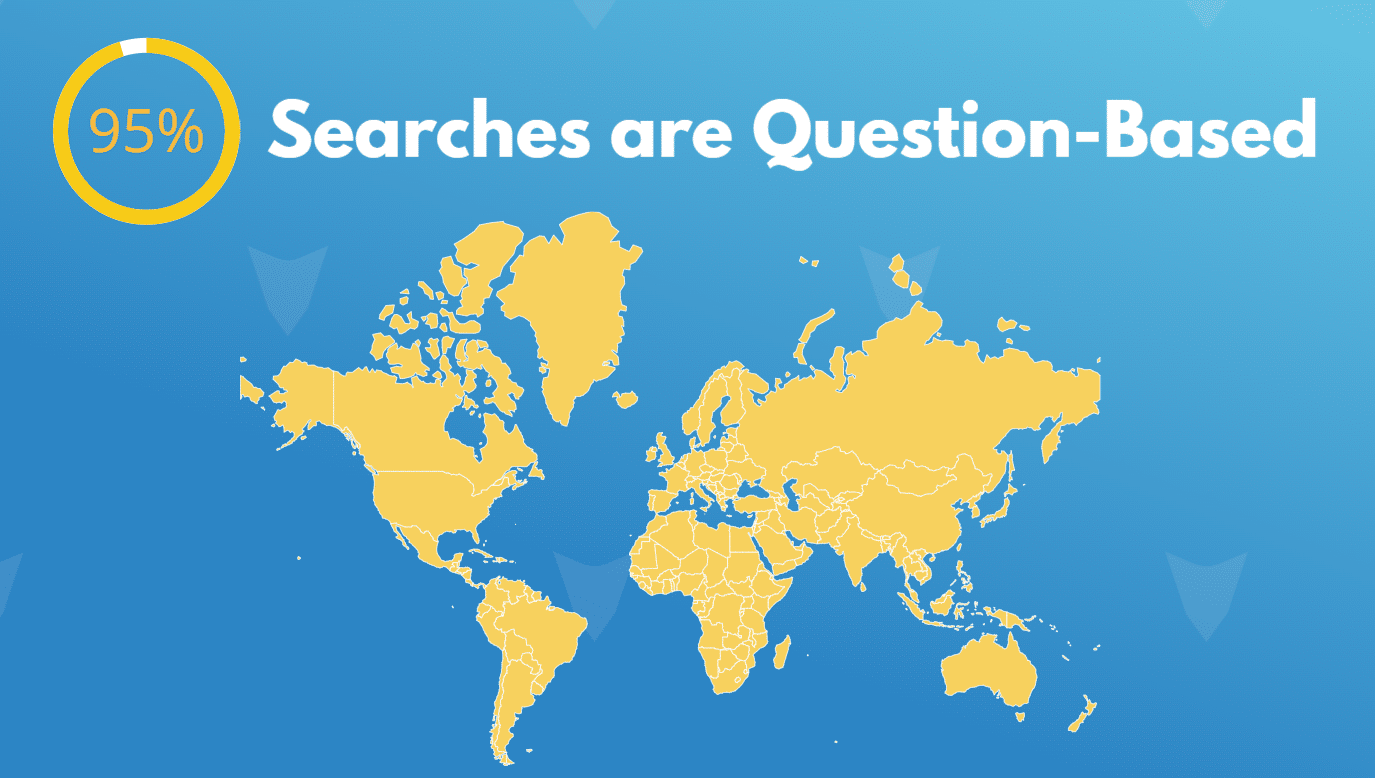Are you looking for keyword research statistics for 2024? Keyword research is the basis of any SEO strategy you frame for your business.
Every year, the trends and insights for SEO and keyword research keep changing. So, staying updated with the recent data to frame your strategies becomes essential.
If you find getting the complete data and statistics about keyword research in one place challenging, this article is for you. In this article, you’ll get the well-research and updated statistics for keyword research in SEO.
So let’s dive deeper into the 25+ keyword research statistics for 2024.
Important Keyword Research Statistics:
With information about long-tail and short-tail keywords, most searched keywords, and SERP rankings for different keywords and search volumes, you’ll get everything you need to know about keyword research in this section.
I’ve broken down the most recent keyword research search statistics.

- On Google, 8% of search requests are for short-tailed keywords, and 50% are for long-tailed terms.
- 53% of consumers claim to do online research before making a purchase. (Source: Think With Google)
- Online buyers frequently use the terms “Near Me” and “Where To Buy” before making a purchase. (Source: Codeless)
- 75.5% of marketers, on average, use keyword research when producing content for customers and companies. (Source: Codeless)
Global Keyword Search Volume Stats

- According to Ahrefs, “Facebook” received 144,000,000 volume searches in the US and worldwide. (Source: Statista)
- “Facebook” was followed by “Weather” (179,000,000 searches) and “Cricbuzz” (213,000,000). (Source: Statista)
- 4 different intents are taken into account when using keyword research on a larger scale. The 4 different intents are informational, navigational, commercial, and transactional. (Source: Backlinko)
- 15% of the keywords researched on Google are new.
- Online search volume for 94.74% of phrases is fewer than 10 times per month. (Source: Ahrefs)
- In the SERPs, the top 5 organic results account for 67.6% of all clicks. (Source: Zero Limit Web)
- More than 29% of terms with more than 10K monthly searches have three or more words. (Source: Ahrefs)

- Approximately 8% of searches are question-based. (Source: Moz)
- Click-through rates for long-tail keywords are 3-5% higher than for normal keywords. (Source: Smart Insights)
- 70.87% of search engine queries with a monthly search volume of more than 10k have one or two words in the search phrase keyword. (Source: Ahrefs)
- 50% of keywords and search terms have four or more words. (Source: WordStream)
- 27 apps added the phrase “metaverse” to their names or descriptions in January 2022. It accounts for a more than 145 percent rise from the 11 apps that changed their names in October 2021 after Facebook changed into Meta. (Source: Statista)
- With around 2.84 million users searching for “Naver” in South Korea in December 2020, it was the most frequently used PC internet search phrase. The Naver Corporation runs the South Korean search engine and internet platform Naver. (Source: Statista)
- The keyword “buy online” received 18,100 monthly online searches worldwide in October 2019. Due to a shift in consumer behavior towards online shopping, the number of searches for this phrase climbed to 22.2 thousand on average per month. (Source: Statista)
- In the United States, two keywords were used in 40% of all online search inquiries as of January 2020. 22.74 percent of searchers used three-word search keywords. (Source: Statista)
- Over 80% of American online searches were for terms with three words or fewer. (Source: Statista)
- In Canada, two different keywords appeared in 45.62 percent of all internet searches in January 2020. 19.1 percent of Canadian web searches were for single words. (Source: Statista)
- In the United States, the search for “serial podcast” and “top podcast” dropped by 63% or more. It shows less demand or satisfied search intent for podcasts. (Source: Statista)
- Global searches for the keyword “generative AI” had increased over the preceding six months as of February 2022. (Source: Statista)
- During a period of one week starting from February 12, 2023, the popularity score for the search term “generative artificial intelligence” reached 100 index points. (Source: Statista)
- Compared to the 67 index points recorded on December 4, 2022, the number of searches for the keyword “OpenAI” peaked at 100 during the week beginning on February 5, 2023. (Source: Statista)
- Google searches for “Midjourney” powered by AI had doubled in the previous year as of February 2023. (Source: Statista)
- Global Google searches for the keyword “ChatGPT” have increased over the last three months, as of February 2022. (Source: Statista)
Keyword Research Statistics Sources used:
Keyword Research Stats Conclusion:
Keyword research will continue to be crucial to any effective SEO approach in 2023. Hopefully, this article’s statistics provide insightful information on user behavior, search patterns, and new business potential.
By taking advantage of these statistics, you can guarantee that your content satisfies the target audience’s changing wants and expectations.
